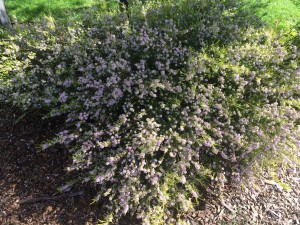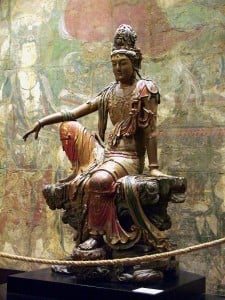Today is International Women’s Day and I wanted to take a special look at women who have made a difference for people with disabilities.
International Women’s Day (IWD) began as International Working Women’s Day, Socialist political event primarily for Eastern Europe, Russia, and the former Soviet bloc. Overtime the marches and activism waned. In some countries, it became a day to show love for women in general. In 1975, during International Women’s Year, the United Nations began celebrating 8 March as International Women’s Day. However, IWD didn’t become popular in the west until the UN declared March 8 as a Day for Women’s Rights and International Peace. It’s a day to highlight the struggles of women around the world and discuss possible solutions. (Wikipedia and WomenWatch: International)
On this day, I wanted to bring to your attention to women with disabilities who have made a difference in our world or have significantly added people with disabilities. Disabled Women on the Web has a comprehensive list of distinguished ladies.
Laura Hershey was an author, poet, columnist, and activist. She wrote Crip Commentary and the “Life Support” blog for the Christopher and Dana Reeve Foundation community website. She wrote “Her gift to me is a window.” published in Pushing the limits: Disabled dykes produce culture. “She was admired for her wit, her ability to structure strong arguments in the service of justice, and her spirited refusal to let social responses to her spinal muscular atrophy define the parameters of her life as anything less than a full human existence. She was also the mother of an adopted daughter.” (Wikipedia)
Megan Kirshbaum and her husband Hal, who is disabled, began a book that brought a disability culture perspective to parenting. Through the Looking Glass was finished by Megan and Judi Rogers. “This has completely challenged (and often changed) institutional structures and perspectives on parents with disabilities. Whether TLG is giving court testimony on the effective parenting strategies of a mother with a disability or researching disabled parent norm of babycare, the work is well-researched and documented.” (Disability History) Through the Looking Glass is a community website.
Sandra Welner, MD was a physician when she became disabled. Afterwards, she used her ingenuity and compassion to help reshape care for disabled women. “Dr. Welner designed the first universally accessible examination table for women with disabilities. The Welner Table is found in facilities around the world. It reflects the necessary sensitivity to accessible care at the level of the examination room, beyond mere ramps and wide elevators.” Her compassion and ideas for aiding disabled women with fertility, cancer, and disease issues were shared with the US Department of Health and Human Services and the Center for Disease Control, to states’ health departments and health care institutions such as the American College of Obstetrics and Gynecology. (welnerenabled.com)
Women in the Pagan Community
Ocean is an activist and writer within our community. Her blog, The Deaf Pagan Crossroads, details her views as an eclectic witch with Celtic interests. She’s organised American Sign Language volunteer interpreters at Pantheacon and participated in the drafting process of the Americans with Disabilities Act.
Janet Callahan is an author, lecturer and mother of two medically fragile children. Her blog posts are very candid. Joyous at times and heart wrenching at others. She tells her story of how she first struggled with being infertile in a religion with many rituals based on fertility. Now she writes about dealing with her two sons’ medical care and how to practice her faith in the NICU and out. She also began a support group Pagan Parents of Preemies.
Crystal Blanton works in the Social Services field specialising in addiction, developmental disabilities, and mental illness. She’s taken what she’s learned from dealing with these issues in her own family and adolescent treatment to aid the pagan community through workshops, writing, and being a Priestess.















